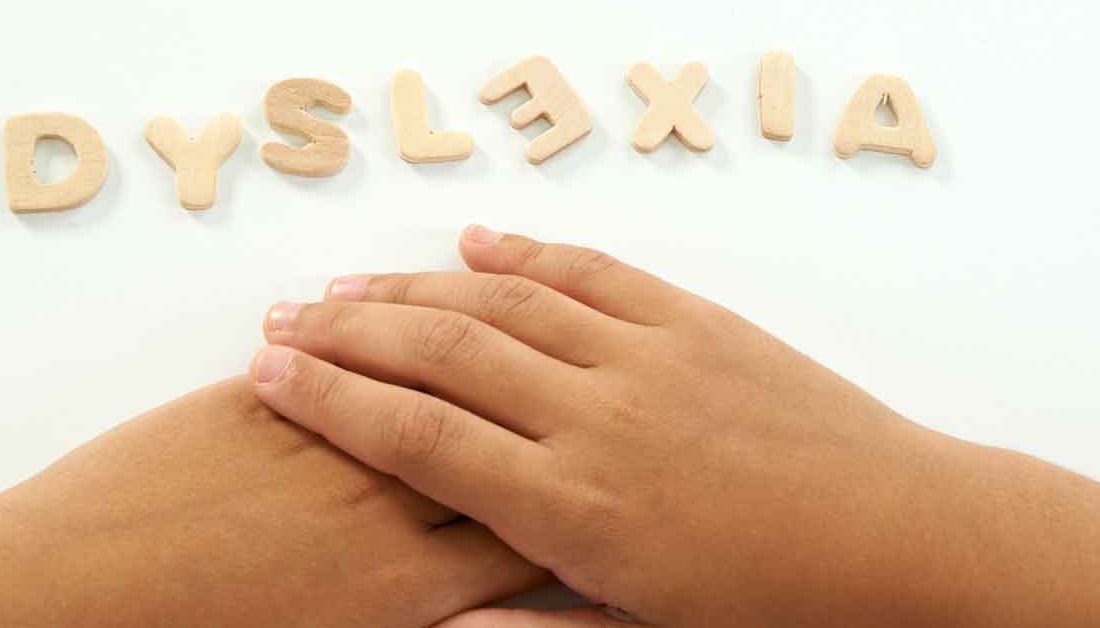Five Myths About Dyslexia

When you investigate the reading disorder dyslexia, you’ll discover myths that will distract you and your child or set you back. Here's what you should know.
It’s easy to become frightened if you hear that your child may be less than perfectly healthy or even “disabled.”
What is dyslexia?
Dyslexia is one of the conditions that are covered under the terms of the American for Disabilities Act. People with dyslexia have trouble matching the letters they see on the page with the sounds those letters and combinations of letters make.
YOU MIGHT ALSO LIKE: Therapy Dogs for Kids with Special Needs
What are the early signs of dyslexia in children?
Ask for testing if your preschooler has trouble learning nursery rhymes like “Jack and Jill,” the names of letters in the alphabet, or letters in her name. By second grade, a child with dyslexia tends to read slowly and awkwardly. She might often confuse words that sound alike but have very different meanings, like “lotion” and “ocean.” She might have trouble remembering dates, names, or telephone numbers, write messily, and have trouble finishing tests on time.
When you begin to investigate this condition, you’ll run into myths that will distract you and your child or set you back.
A change in diet can cure dyslexia
You’ll hear that children will benefit from omega-3 or omega-6 supplements, for example. When the prestigious Cochrane group examined research on that idea, however, researchers concluded that there wasn’t any solid evidence one way or another. Be wary of claims that bone broth or green juices make it easier to read.
Dyslexia is a vision problem
This idea goes along with the myth that seeing mirror images is a sure sign of dyslexia. It’s common for children without dyslexia to reverse letters when they first learn them, such as mistaking “b” for “d.” After a while, they stop making that mistake. If they don’t, that could be a sign of dyslexia.
But people with dyslexia don’t see mirror images in general. In one study, when American students reproduced a series of Hebrew letters that they had never seen, students with dyslexia did just as well as those without. Also, some children who have dyslexia don’t reverse letters and go undiagnosed.
Dyslexia is really about social anxiety
Children may become anxious when they see that they can’t read as well as other children, especially if they’re bullied or scolded. But social anxiety is not the cause, and treating the anxiety won’t cure the dyslexia.
Kids with dyslexia are lazy
Some children get discouraged when they don’t get the right kind of help. Many others work much harder than their peers to keep up. Either way, motivation isn’t the root cause of their reading difficulties.
You can treat dyslexia with alternative methods
You’ll hear about treating the condition with:
- Balancing exercises
- Glasses with tinted lenses
- Vision exercises
- NLP “magical spelling”
- Modeling clay letters
- Inner-ear-improving medications
- Training primitive reflexes
- Patching an eye
Research hasn't shown any of those remedies are effective.
What to do if your child has dyslexia
Children with dyslexia need extra coaching on how to read and may need more time to do their work. Specific strategies can help, including listening to audiobooks as you read along in a written book.
If your child feels humiliated, let her know that she can do great things. Many successful, even famous, people have had dyslexia.
One study tested the ability of professional astrophysicists to spot a black hole; those with dyslexia did better. In another study, college students with dyslexia were better able to memorize blurry images resembling x-rays. It’s also possible that people with dyslexia are better able to pick up sounds from different directions.
Many dyslexics argue that they are good out-of-the-box thinkers. You and your child should look for areas in which she does especially well, while she gets the help and learns the strategies she needs to master reading.
Updated:
December 19, 2023
Reviewed By:
Janet O’Dell, RN